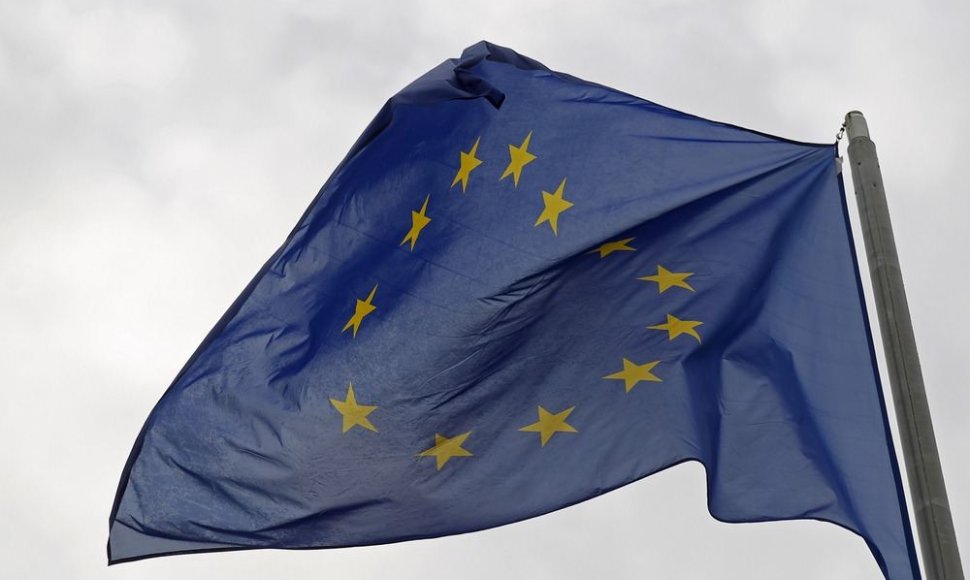Urbelis underlined at the meeting that the use of EU Battlegroups should be coordinated with the EU's other financial and civilian crisis-response instruments, according to a ministry statement.
"In our opinion, EU Battlegroups should be put into action but they are only part of a large spectrum of instruments the European Union has in its disposition," Urbelis said.
The meeting participants also agreed that EU Battlegroups are facing huge difficulties as they were set up nine years ago but are yet to see any military action. EU member states not always manage to generate two battlegroups at the same time and, therefore, sometimes one battlegroup is on standby. The political director of the Lithuanian defense ministry said that the existing situation should be changed if the EU wants to take on more responsibility in the area if international security.
Urbelis also paid attention to the fact that Lithuania is ready to join the UK-led EU Battlegroup as of July 1. Around 120 Lithuanian troops will join the EU Battlegroup with the UK, Latvia, the Netherlands and Sweden for the next six month when Lithuania will also hold the rotating EU presidency.
"One of key tasks of the Lithuanian EU presidency is to strengthen the EU's Common Security and Defence Policy by developing the EU's multinational rapid crisis response capabilities and supporting the EU's participation in international operations," the Lithuanian Ministry of National Defense stressed.
In October, Lithuania and the UK plan to jointly hold a top seminar on the future of EU Battlegroups. The issue will be also discussed at a July meeting of political directors and a September meeting of EU defense ministers in Vilnius.
An EU Battlegroup is a military unit adhering to the Common Security and Defence Policy of the European Union. Often based on contributions from a coalition of member states, each of the eighteen Battlegroups consists of a battalion-sized force (1,500 troops) reinforced with combat support elements. The groups rotate actively, so that two are ready for deployment at all times. The forces are under the direct control of the Council of the European Union.












